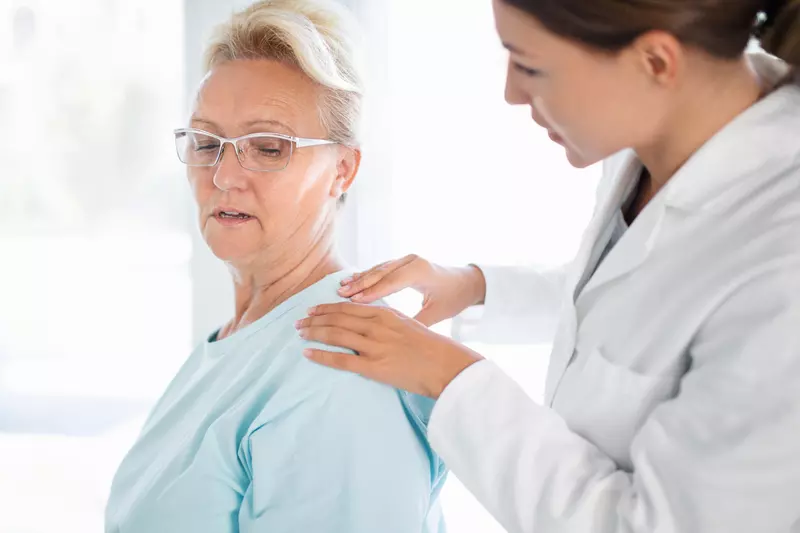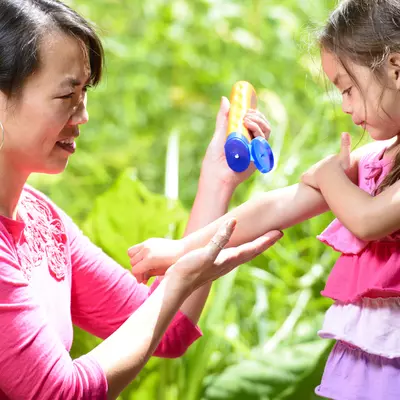|
Authored by:
- AdventHealth
|
Estimated read time: 2 minutes

Choose the health content that's right for you, and get it delivered right in your inbox
Cleaning up after a storm can be dangerous and often is the time when most injuries occur. Because it can be physically and emotionally draining, we spoke with emergency medicine physicians across AdventHealth and their advice included trying to control your stress, taking frequent breaks and getting as much rest as possible.
They also offered that the most effective way to avoid physical injury after a storm is to wear protective clothing, such as long-sleeve shirts and pants, safety shoes or boots, and work gloves.
To ensure your safety, Jesse Caron, MD, emergency medicine at AdventHealth, recommend the following:
- Should something happen, administer first-aid when appropriate, but do not move seriously injured persons unless they are in immediate danger of further injury. Call for help.
- Learn proper use of all power equipment and wear a safety face shield or eyeglasses.
- Avoid loose or dangling power lines and report them immediately to the power company, police or fire department. Be especially careful when cutting or clearing fallen trees. They may have power lines tangled in them.
- Stay clear of standing water where glass, metal fragments, or other debris may be present.
- Beware of animals, insects, and poisonous snakes that may have come into buildings with the flood-waters. Use a stick to poke through debris. Flood-waters flush many animals and snakes out of their homes.
- Be careful not to strain yourself during strenuous lifting if you are not used to physical activity you could put yourself at risk for a heart attack.
- Enter your home with caution. Open doors and windows to ventilate and dry your home. If flooding has occurred, have an electrician inspect your home before turning on the breaker.
- Be careful with fire. Don't strike a match until you are sure there aren't any breaks in gas lines. Also, avoid candles. Use battery-operated flashlights or lanterns instead.



